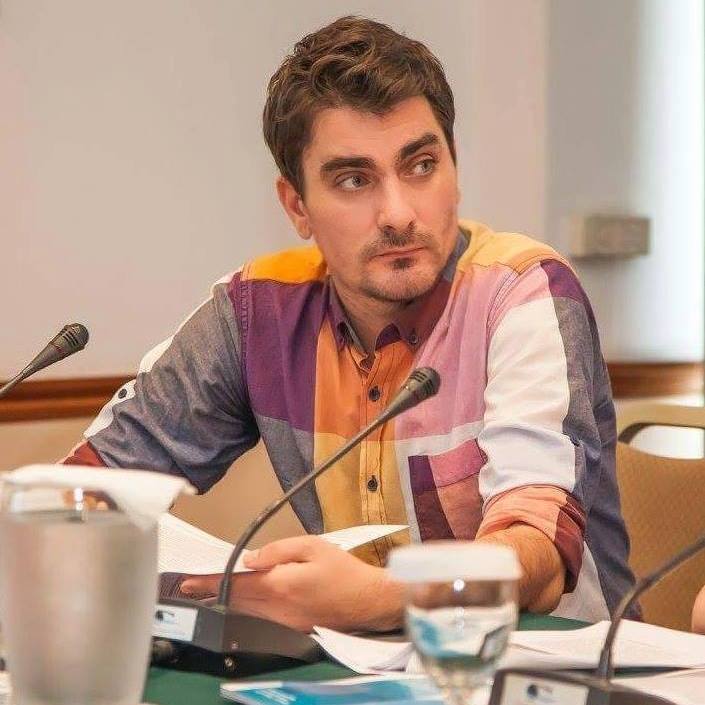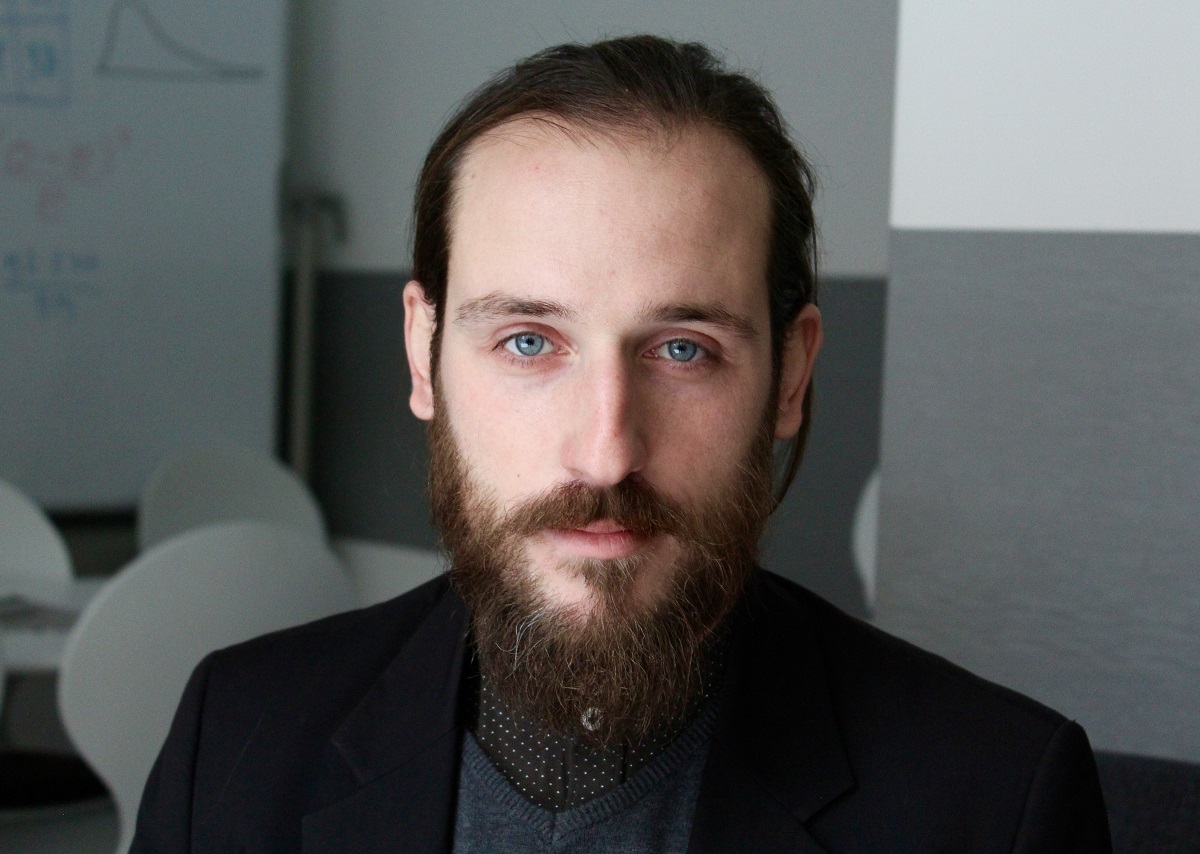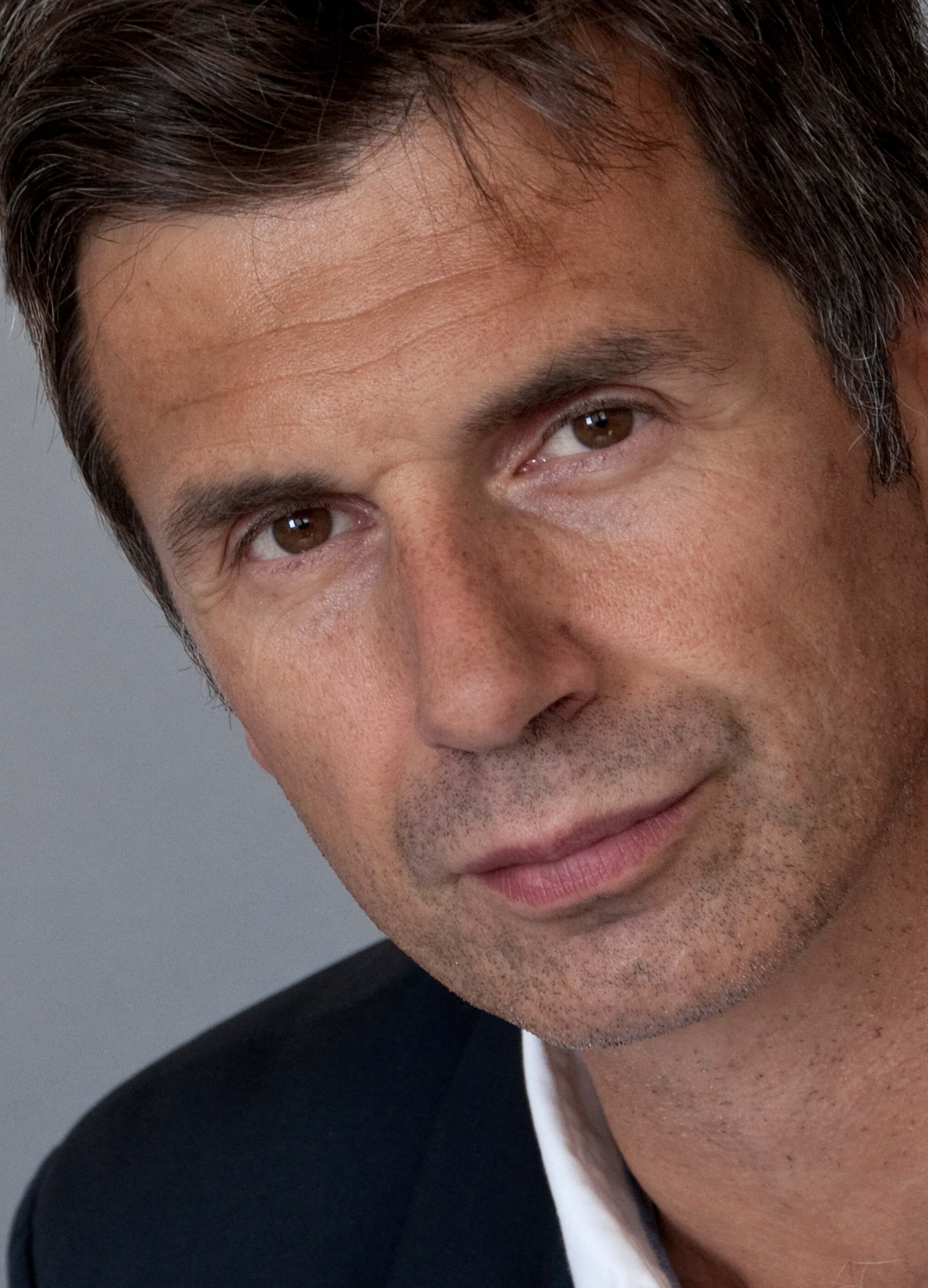Session 5: What if the Western Balkans Never Becomes Part of the EU
Discussion Points:
-
How to stop democratic backsliding in the Balkan states?
-
How the rising inequalities affect the dynamics between the Balkan states and the EU, as well as the regional dynamics?
-
What are the new forms of popular unrest and resistance, and how to articulate their demands?
-
How the recent rise of populism across Europe influences populism in the Balkans?
-
What is the role of the Balkan civil society in the times of an uncertain EU future for this region?
Background
Faced with numerous internal and external crises (or “poly-crises” as described by some), the EU and its member states decided to temporarily put enlargement on hold. After Jean-Claude Juncker’s statement that another EU enlargement would not happen before 2020, the so called “enlargement fatigue” became more obvious than ever. Consequently, the EU lost its appeal, as well as the transformative power in the Balkan countries that have been waiting on the Europe’s doorstep for years. The citizens of these countries see the accession as a moving target, as it is becoming clear that every subsequent accession will be more difficult than the previous one. Growing Euroscepticism, democratic backsliding, authoritarian tendencies, and rise of populism (or plain nationalism) in the Balkans could all be, in a large part, ascribed to the EU’s unclear plan for this region. The Berlin Process, which aim is to keep the Balkan countries engaged in EU accession, is undoubtedly an important initiative. However, in order to be effective and beneficial for the citizens, it ought to be further institutionalized with clearly defined goals and obligations for the countries involved.
There are two major factors influencing the negative perceptions of the EU among the Balkan countries’ citizens. First, the EU accession process has not so far brought any tangible benefits for the majority of citizens, in terms of better living standard and more human security. Second, the EU is currently facing numerous crises, such as Brexit, Eurozone crisis, migration crisis, terrorist threats, etc., that it is not able to adequately address. That, coupled with the growth in popularity of the Eurosceptic parties within the EU, leads citizens of Balkan countries to the conclusion that the EU is not a goal that is worth sacrifice. What gives rise to even greater concern, are the autocratic tendencies in the Balkan countries and the EU’s benevolent attitude towards this worrisome trend. Despite a waste evidence of systemic corruption, abuses of power and lack of accountability of public officials in virtually all Balkan states, Balkan leaders still enjoy full EU’s support. The term “stabilitocracy” has been coined to describe the readiness of the EU to trade democracy for the stability in the Balkans.
It is clear, however, that in a longer run stability is not sustainable without democracy. Over the past year, inter-state, but also intra-state (inter-ethnic) tensions have been growing in the Balkans, fuelled by the nationalistic narratives. Arguably, the lack of an EU perspective for the Balkan states contributed to the return to ethnic politics, which threatens the much wanted stability in this region. The question of what are the possible political and security developments in the Balkans, should the EU remains at the current political course, is open to the debate. This panel will seek to contribute to such debate by inviting think-tankers from the Balkans and opening the space for critical thinking about the future of the region.
Selected Readings:
- Balkans in Europe Policy Advisory Group (2017) The Crisis of Democracy in the Western Balkans. Authoritarianism and EU Stabilitocracy.
- Zoran Nechev, Florian Bieber, Marko Kmezic (2017) The Future of the Berlin Process (Discussion Paper). Balkans in Europe Policy Advisory Group.
- Jelica Minić (eds.) (2016) Advocacy Strategy for the EU Integration of the Western Balkans: Guidelines. Belgrade: European Movement in Serbia.
- Think for Europe Network (2016) Policymaking in the Western Balkans: Creating Demand for Evidence beyond EU Conditionality.
Previous BSF Sessions on Similar Topics:
2016
Special Event: Enlargement Moving beyond Europe’s Fatigue and Bilateral Disputes
GRAND OPENING: The Future of Albanian-Serbian Relations and the Stability of South East Europe
Plenary panel 3: Addressing Political instability and Weak Institutions in South East Europe
Plenary panel 4: Will Civil Society Save Democratic Values?
2015
The Berlin Process in Belgrade: The EU as a Peace Project Revisited in the Western Balkans
2014
Session 4: EU Enlargement: Picking Up the Pieces?
Plenary Panel 2: The EU and its Peripheries
Special Side Event:Visegrad Experience for the Western Balkans: NGO Support for Key Reforms
Plenary Panel 4: Is It Time For a New Balkans Commission
2013
Session 1: Overcoming the Gaps in Security Cooperation in the Western Balkans
Session 3: Regional Cooperation and Reconciliation in the Western Balkans: Continuation or Stalemate
Session 5: The Visegrad Group: Exploring the New Synergies with the Western Balkans
Closing panel: The Balkans 2020
2012
Opening Panel: New Paradigm of the Region: Are the Balkans Finally a Success Story?
2011
The Benefits of Regional Cooperation
Session 7: Regional Security Cooperation: V4 Experiences
Main Panel 4: Balkans: From Security Problem to Security Partner
Useful Websites:






